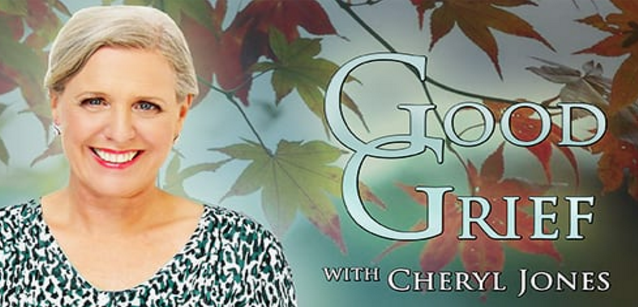Medical aid-in-dying, just as with VSED (Voluntary Stopping and Drinking), is a choice made by those who want to live but instead, after understanding they have no curative options, then choose between two different types of death.
It was heartwarming to personally talk on the phone with Dan Diaz not too long ago. Both of us are working to uphold the legacy of our loved one who died. Dan’s wife, Brittany, died by taking advantage of the Death With Dignity law. She had to move to Oregon to do this. My husband, chose to VSED (Voluntarily Stop Eating and Drinking) so he did not have to live into the late stages of Alzheimer’s.
Read this article to learn more about Brittany Maynard and Dan Diaz. Brittany was 29 when she was diagnosed with a terminal brain tumor. She had exhausted all of her options for treatment, including an eight8 hour brain surgery. The tumor would not stop growing and she was determined to have six months to live. Brittany and her husband made the choice to move to Oregon where it was legal to experience gentle, medical aid-in-dying. She chose to die on November 1, 2014. Since that day, her husband Dan continues to share his personal story and tirelessly pursues politicians in every state, imploring them to vote in favor of medical aid-in-dying legislation like Death with Dignity. He carries on his late wife’s story so that others may benefit from the same gentle death she experienced.
Dan Diaz makes a point of distinguishing the importance of terminology. This is not “suicide”. Medical aid-in-dying, just as with VSED (Voluntary Stopping and Drinking), is a choice made by those who want to live but instead, after understanding they have no curative options, then choose between two different types of death. Diaz continues his fight to legalize medical aid-in-dying because he wants others to legally have that choice in the face of impossibly difficult decisions.

